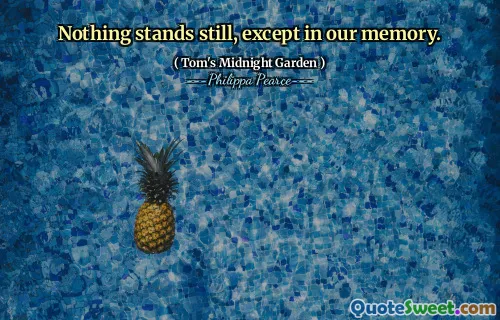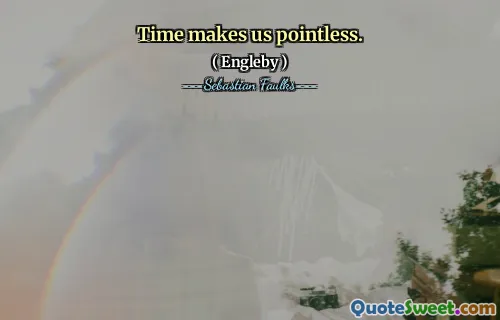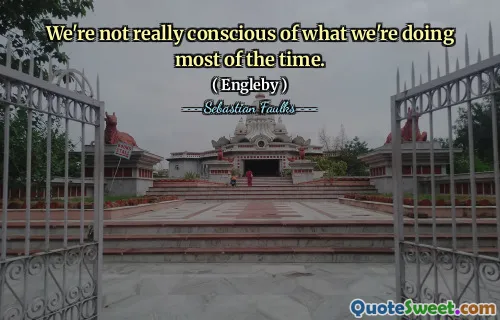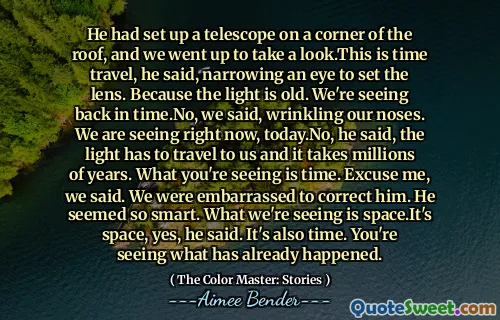
Do we miss not only the past but every future the lost past describes? Is that just the nature of missing? All the lost might - have - beens? The certainty that those uncertain futures are gone?
This quote invites contemplation on the nature of longing and the human tendency to yearn for times that no longer exist or might never come to pass. It highlights how our memories and imaginations intertwine, often blurring the lines between what was, what could have been, and what might still be. The idea that we miss both the past and the futures it alludes to suggests that longing isn't limited to a specific point in time but extends across the continuum of possible experiences, shaping our perception of life itself.
Experiences from the past inevitably influence our hopes and fears for the future; they serve as a mirror reflecting what once was and what might be. The uncertainty about these futures emphasizes the ephemeral nature of our expectations and the inevitable passage of time—reminding us of the transient quality of existence. The phrase "the lost might-have-beens" evokes a bittersweet acknowledgment that many possibilities are forever inaccessible, yet they continue to haunt our thoughts.
What makes this reflection particularly profound is the recognition that certainty is elusive: the futures that once seemed possible are now gone, yet the desire to know or reclaim them persists. It underscores a universal human condition—the perpetual balancing between acceptance of the past and hopeful yearning for the future. These themes resonate deeply, suggesting that missing isn't just about loss but also about the existential acknowledgment of life's fleeting, unfinished, and uncertain qualities.
In sum, this quote captures a poignant awareness of our internal landscapes—the memories, regrets, hopes, and fears—and how they shape our understanding of time, existence, and the human experience. It reminds us that our yearning is perhaps a fundamental part of being alive, continuously navigating the delicate boundary between what has been and what might be.






